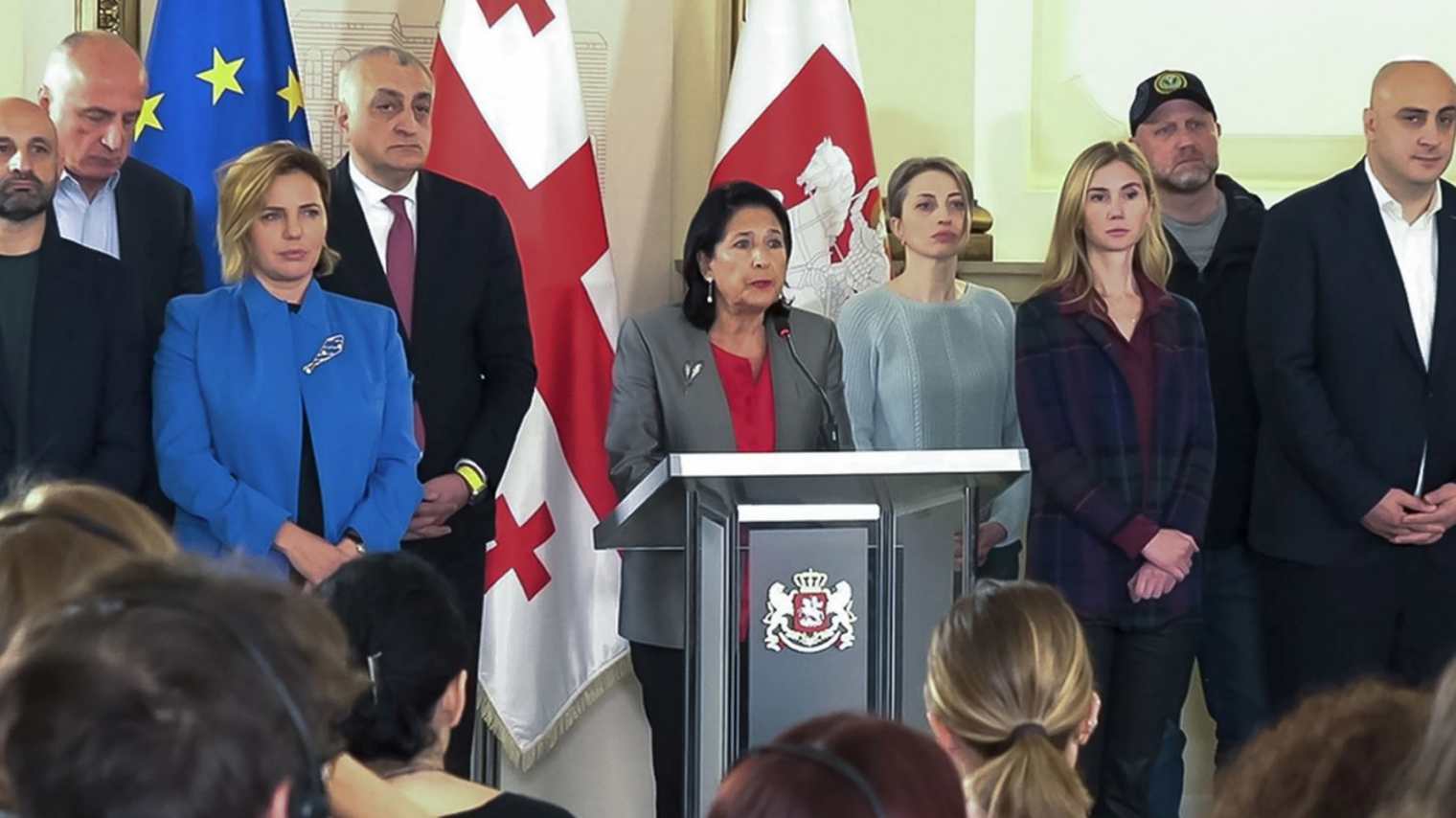he recent elections in Georgia have stirred considerable unrest and debate, casting a long shadow over the nation’s democratic integrity. Amidst allegations of vote-rigging, widespread protests erupted, reflecting a populace increasingly disillusioned with its political leadership. The events unfolding in Georgia resonate beyond its borders, prompting reactions from European leaders, including Hungary’s Prime Minister Viktor Orbán. This article explores the tumultuous atmosphere surrounding the elections, the protests that followed, and the potential ramifications for European politics.
A Tumultuous Electoral Process
Georgia’s recent elections, held against a backdrop of political tension and societal division, were marked by allegations of serious electoral misconduct. The ruling party, Georgian Dream, faced formidable opposition, particularly from the United National Movement, which accused the government of manipulating the electoral process to maintain its grip on power. Voters reported intimidation at polling stations, discrepancies in voter registration, and irregularities in the vote-counting process. Such allegations were not mere whispers; they resonated throughout the nation as citizens expressed their frustration with a system they felt was rigged against them.
The electoral atmosphere was fraught with tension, as the stakes were high for both the ruling party and the opposition. Many Georgians went to the polls with a sense of hope for change, only to find their expectations dashed when the results were announced. The ruling party’s victory, marred by claims of fraud, led to widespread protests in the capital, Tbilisi. Thousands of citizens took to the streets, demanding transparency and accountability from their leaders. The protests were not simply a reaction to the election results; they were emblematic of a broader struggle for democracy and a plea for a political system that truly reflects the will of the people.
The Protests: Voices of Discontent
The protests that erupted following the elections were a powerful manifestation of the public’s discontent. Demonstrators, fueled by a sense of betrayal, gathered in Tbilisi to voice their demands for change. They called for an independent investigation into the electoral process, emphasizing the need for reforms that would restore faith in the country’s democratic institutions. The scenes in the streets were a vivid reminder of the importance of civic engagement and the power of collective action in the face of perceived injustice.
As citizens rallied around the idea of democracy, their determination resonated with broader trends across Eastern Europe, where many nations have grappled with similar issues of governance and electoral integrity. The protests in Georgia were not isolated; they reflected a growing wave of activism challenging authoritarian tendencies and demanding greater accountability from those in power. The sense of urgency was palpable, as citizens recognized that their future was at stake.
European leaders, too, were watching closely. The situation in Georgia prompted responses from various quarters, with many leaders expressing concern over the allegations of electoral fraud and the subsequent unrest. Hungary’s Viktor Orbán, a controversial figure in European politics, spoke out, indicating that the events in Georgia could have significant implications for the region. His comments underscored the interconnectedness of political developments in Eastern Europe and raised the question of how the EU might respond to the evolving situation.
Implications for European Politics
The fallout from Georgia’s contested elections extends well beyond its borders. The country’s aspirations to join the European Union and NATO are well-documented, and the handling of these elections could have lasting consequences for its candidacy. The EU has long championed the principles of democracy and rule of law, and any perception of a decline in these values in Georgia could hinder its integration efforts.
Moreover, the protests and the government’s response could serve as a catalyst for similar movements within the region. Countries like Poland, Hungary, and Belarus have witnessed their own struggles with democratic backsliding, and the situation in Georgia may inspire citizens in these nations to challenge their governments. The interconnectedness of Eastern European politics means that the events in one country can reverberate across the region, influencing public sentiment and political dynamics.
The European Union’s response to Georgia’s situation will be critical. How it chooses to engage with the Georgian government and the opposition could set a precedent for its approach to similar crises in other member states. The challenge lies in navigating the delicate balance between supporting democratic aspirations and respecting national sovereignty. The EU must tread carefully, ensuring that its actions reinforce democratic values without being perceived as intrusive or patronizing.
Conclusion: A Pivotal Moment for Georgia and Europe
The recent elections in Georgia have thrust the country into a pivotal moment in its history. The allegations of vote-rigging, the subsequent protests, and the responses from European leaders highlight the fragility of democracy in the region. As citizens demand accountability and transparency, the international community watches closely, aware that the outcomes of these events could shape the future of both Georgia and European politics.
For Georgia, the path forward will require a commitment to electoral integrity and a willingness to engage in dialogue with all political factions. The protests may serve as a turning point, igniting a renewed focus on democratic reforms and accountability. However, the road ahead is fraught with challenges, and the government must address the concerns of its citizens to rebuild trust.
As the situation unfolds, the implications for European politics will become clearer. The events in Georgia could serve as a wake-up call for other nations grappling with similar issues, reminding them of the importance of protecting democratic values. In a region where authoritarianism has gained ground, the struggle for democracy in Georgia stands as a testament to the resilience of its people and their determination to shape their own future. The eyes of Europe are on Tbilisi, and how this chapter in Georgia’s history unfolds will resonate far beyond its borders, shaping the narrative of democracy in Eastern Europe for years to come.





















